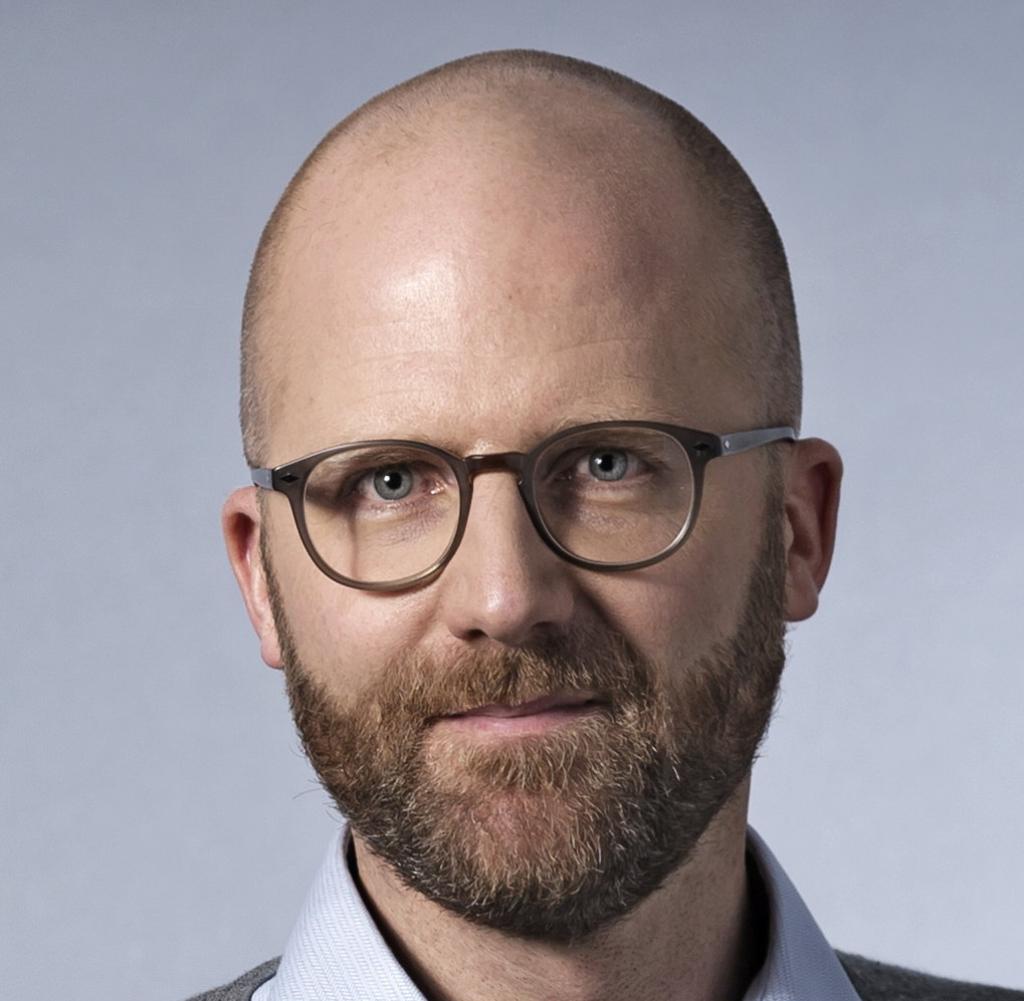Germans are retiring later, but are receiving their pension for longer than they did 20 years ago. According to the pension insurance, the entry age rose from an average of 62.9 years to 64.4 years between 2003 and 2023. In return, pensioners received an average of 20.5 years of pension last year. In 2003, the figure was 16.8 years.
Despite the increased age limit, the statutory pension has become more attractive for many people – thanks to the higher life expectancy. This is especially true as the contribution rate has fallen from a peak of 19.9 percent to 18.6 percent during this period.
It has been there for seven years now. One reason was the increase in the number of contributors. The number of employees subject to social insurance recently climbed to a record high, emphasises Gundula Roßbach, President of the German Federal Pension Insurance.
In the 1980s, when contribution scenarios of more than 30 percent were being discussed, no one could have imagined this. “We should therefore not be afraid of demographic change. We can shape it,” says Roßbach, referring to the federal government’s pension plans.
However, critics see no reason for celebration in the developments of the past few years. The increase in the retirement age by 1.5 years since 2003 is not enough to stabilize the system in the long term.
“The comparison with the extension of the pension term shows that the increase in the actual retirement age is too weak,” says Martin Werding, Professor of Social Policy and Public Finance at the Ruhr University Bochum and member of the German Federal Government’s Council of Economic Experts.
This has increased by 3.7 years in the same period. He sees a clear imbalance in this: of the total of just over five years, almost a third of people work longer, and more than two thirds are spent on receiving a longer pension. “According to the calculations of the Council of Economic Experts, the ratio would have to be two thirds longer working and one third longer pension in order to neutralize the effects of increasing life expectancy on pension finances,” says Werding.
In any case, the era of low contributions is coming to an end. Between 2028 and 2035, the contribution is set to rise to more than 22 percent. This is stated in the federal government’s draft law on pension package II, which is intended to ensure that the level of pensions continues to rise in line with wages despite the high number of new pensioners expected, especially in the next ten years. Without this pension guarantee, which critics describe as very generous, the increase would be around one percentage point lower, according to estimates.
What is striking about the figures on the duration of benefits is that the average value has recently stagnated at a high level. For women, the average duration of pension receipt even fell slightly last year from 22.2 to 22.1 years. For men, it remained unchanged at 18.8 years due to the lower life expectancy. “The increased mortality from the time of the corona pandemic could have an influence here,” the German pension insurance company said in response to a query.
Werding also refers to the consequences of the pandemic. In his view, the Federal Statistical Office may have dampened the assumptions about a further increase in life expectancy too much. “A rapid catch-up process with a return to the previous development path is certainly conceivable. We will have to wait and see,” says Werding.
The future burden on the pension system would then be even greater. In his view, the problem is not so much that people will continue to live longer in the future, but rather that there will soon be so many pensioners and so few contributors.
“The further demographic aging could only be cushioned if immigration continued to rise and the unemployment rate could fall as sharply as it has since 2005,” says Werding. However, even higher immigration would be difficult, and a fall in the unemployment rate below zero would be impossible.




